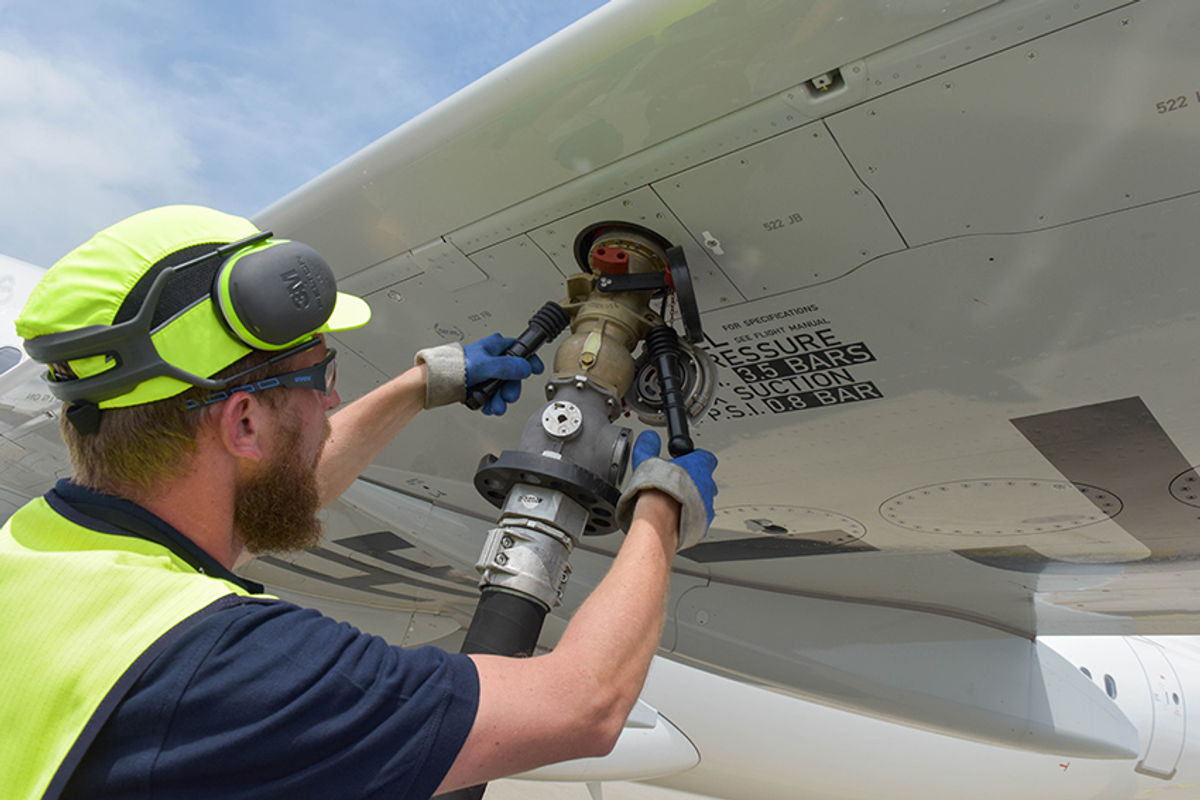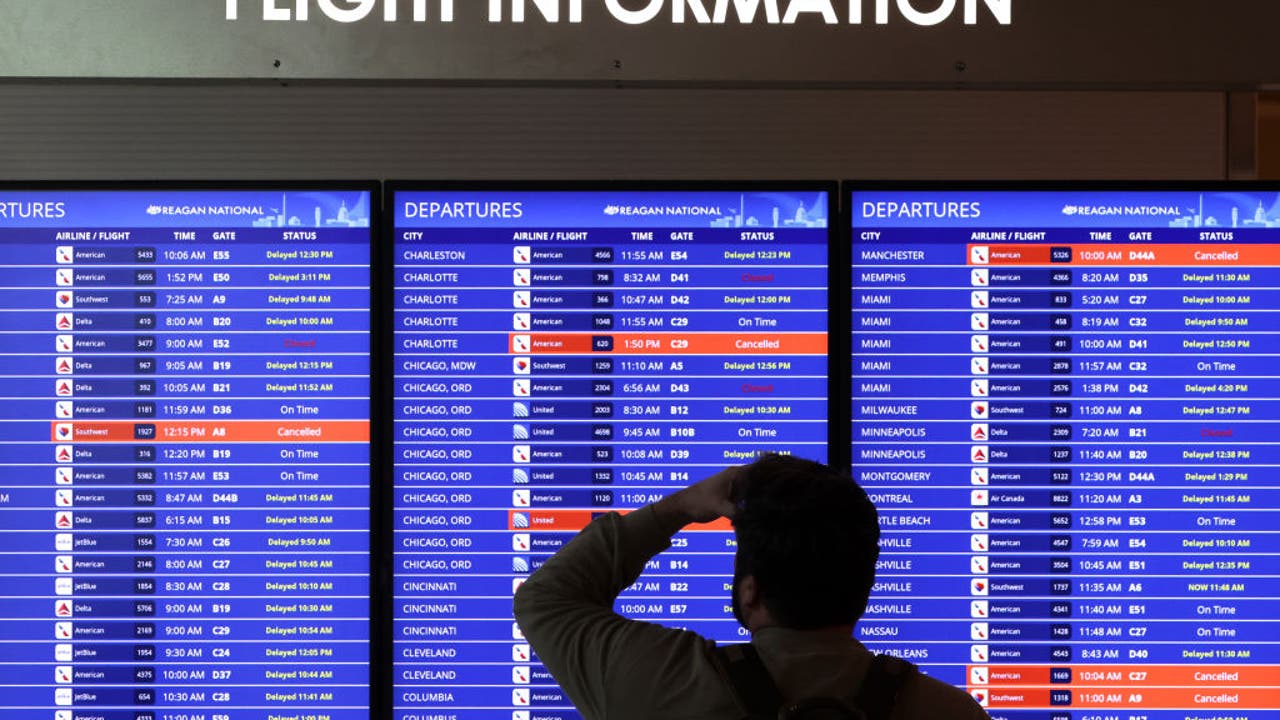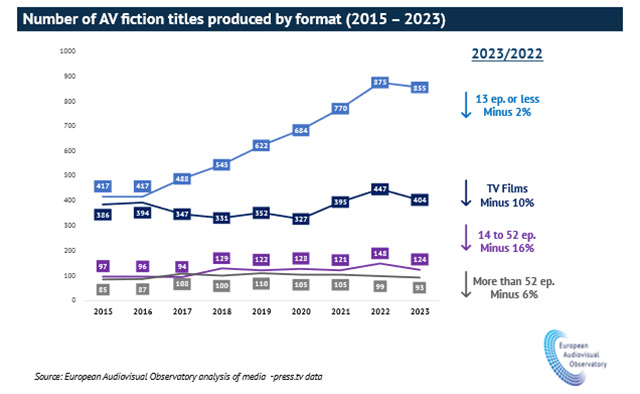Travel
Global SAF supplies forecast to triple during 2024

Supplies of sustainable aviation fuel (SAF) are set to triple during 2024 but will still only account for 0.53 per cent of the aviation sector’s total annual fuel requirements.
Airlines association IATA said that global SAF production was on track to create 1.5 million tonnes of the alternative fuel this year, but IATA director general Willie Walsh again called for governments to do more to “accelerate” production of the fuel during its AGM in Dubai.
SAF, which creates up to 80 per cent fewer emissions than traditional jet fuel over its lifecycle, is the key component in the airline industry’s efforts to achieve net zero carbon emissions by 2050.
Walsh added: “SAF will provide about 65 per cent of the mitigation needed for airlines to achieve net zero carbon emissions by 2050, so the expected tripling of SAF production in 2024 from 2023 is encouraging.
“We still have a long way to go, but the direction of exponential increases is starting to come into focus.”
IATA said that another 140 renewable fuel projects could be in production by 2030, which could create up to 51 million tonnes of SAF by 2030 from facilities based across the world.
“The interest in SAF is growing and there is plenty of potential,” said Walsh. “But the concrete plans that we have seen so far are far from sufficient. Governments have set clear expectations for aviation to achieve a 5 per cent CO2 emissions reduction through SAF by 2030 and to be net zero carbon emissions by 2050.
“They now need to implement policies to ensure that airlines can actually purchase SAF in the required quantities.”
IATA is calling for measures such as diversifying the feedstocks used for SAF to accelerate this process. Currently most of the fuel is set to be manufactured from sources such as used cooking oils and animal fats, but IATA would like to see agricultural, forestry and municipal waste used to make SAF.
The association also called for incentives to boost SAF production including “stable, long-term” tax credits to encourage investment in existing and new facilities.
“No one policy or strategy will get us to the needed levels but by using a combination of all potential policy measures, producing sufficient quantities of SAF is absolutely possible,” added Walsh.
IATA pointed to strong support for the development of SAF from airline passengers with 86 per cent agreeing that governments should provide incentives for airlines to use the fuel.
In another move, IATA has announced that it will establish a SAF Registry to “authoritatively” account for and report airlines’ emissions reductions from using SAF.
The association has signed up 17 airlines, including Air France-KLM, SAS, Swiss, Emirates, Singapore Airlines, Delta, United and American Airlines, as well as IAG, owner of British Airways, Iberia and Aer Lingus, to take part in the registry when it launches in early 2025.
“The SAF Registry will help meet the critical needs of all stakeholders as part of the global effort to ramp up SAF production,” explained Walsh.
“Governments need a trusted system to track the quality and quantities of SAF used. SAF producers need to accurately account for what has been delivered and effectively decarbonised.
“Corporate customers must be able to transparently account for their Scope 3 emissions and airlines must have certainty that they can claim the environmental benefits of the SAF they purchased.”
This registry will allow airlines to buy SAF regardless of where it is produced with each batch’s certified environmental attributes able to be tracked and assigned to the purchasing carrier.
“By ensuring that the environmental attributes of SAF are properly recorded and transferred between parties, airlines and their customers can report emissions reductions accurately, aligning with any reporting obligations and international standards,” added IATA in a statement.
Airlines are already facing a backlash against some of their environmental claims, with the European Commission and EU consumer protection authorities last month contacting 20 airlines regarding potentially misleading environmental claims.










